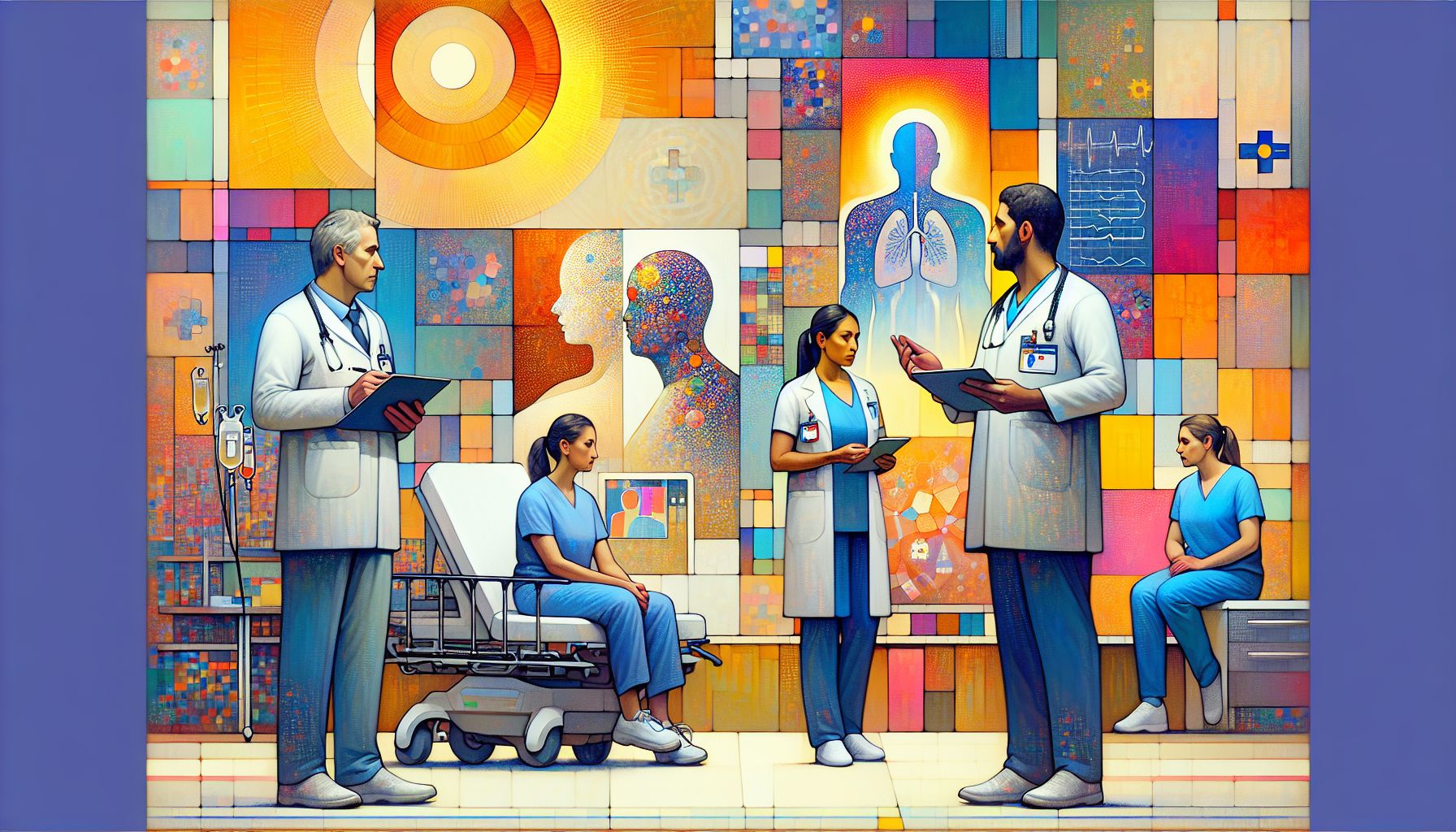AI Revolutionizes Patient Communication at Dutch Hospitals

Maastricht, Wednesday, 30 October 2024.
Maastricht UMC+ and Radboudumc are developing AI systems to help patients better understand their diagnoses. The €3.5 million project aims to visualize complex medical data, potentially transforming doctor-patient communication and improving healthcare outcomes.
Healthcare Innovation Through AI
The collaboration between Maastricht UMC+ and Radboudumc represents a significant leap in healthtech, focusing on artificial intelligence to enhance patient understanding of their medical conditions. This initiative is supported by a substantial €3.5 million investment from AiNed, a Dutch fund dedicated to AI development with societal benefits. The AI system being developed is designed to make complex medical data—such as DNA, brain signals, and auditory data—more comprehensible through visualization techniques[1].
Driving Forces Behind the Project
The project is spearheaded by Marc van Hoof, an ENT specialist at Radboudumc, who emphasizes the potential of AI to yield new insights and improve diagnostics. His leadership is pivotal in this initiative, which aims to initially focus on the ENT field with plans for broader application across other medical disciplines such as neurosurgery and breast cancer diagnostics. The consortium, named PROSPER InnovationLabs, consists of 27 partners working collaboratively to facilitate large-scale data exchange among Dutch hospitals while adhering to strict privacy laws[4].
Synthetic Data for Privacy Compliance
Given the stringent privacy regulations surrounding patient data, the project will utilize synthetic datasets that mimic real data but are fully anonymized. This approach, as explained by Joost Stultiens from Maastricht UMC+, allows for the safe handling of data without compromising patient confidentiality. This innovation ensures that patients have control over their data, opting in or out as they see fit, which is a critical aspect of modern patient care[4].
Broader Implications for Healthcare
The implications of this AI development extend beyond improved patient communication. By enabling patients to visualize their health data, the initiative helps demystify complex medical conditions, potentially leading to better health outcomes. Moreover, the project’s success could set a precedent for other hospitals and healthcare providers to adopt similar AI-driven approaches, further integrating technology into patient care[4].

